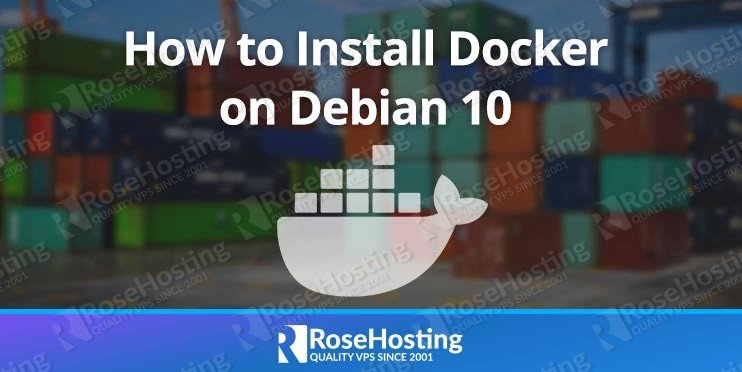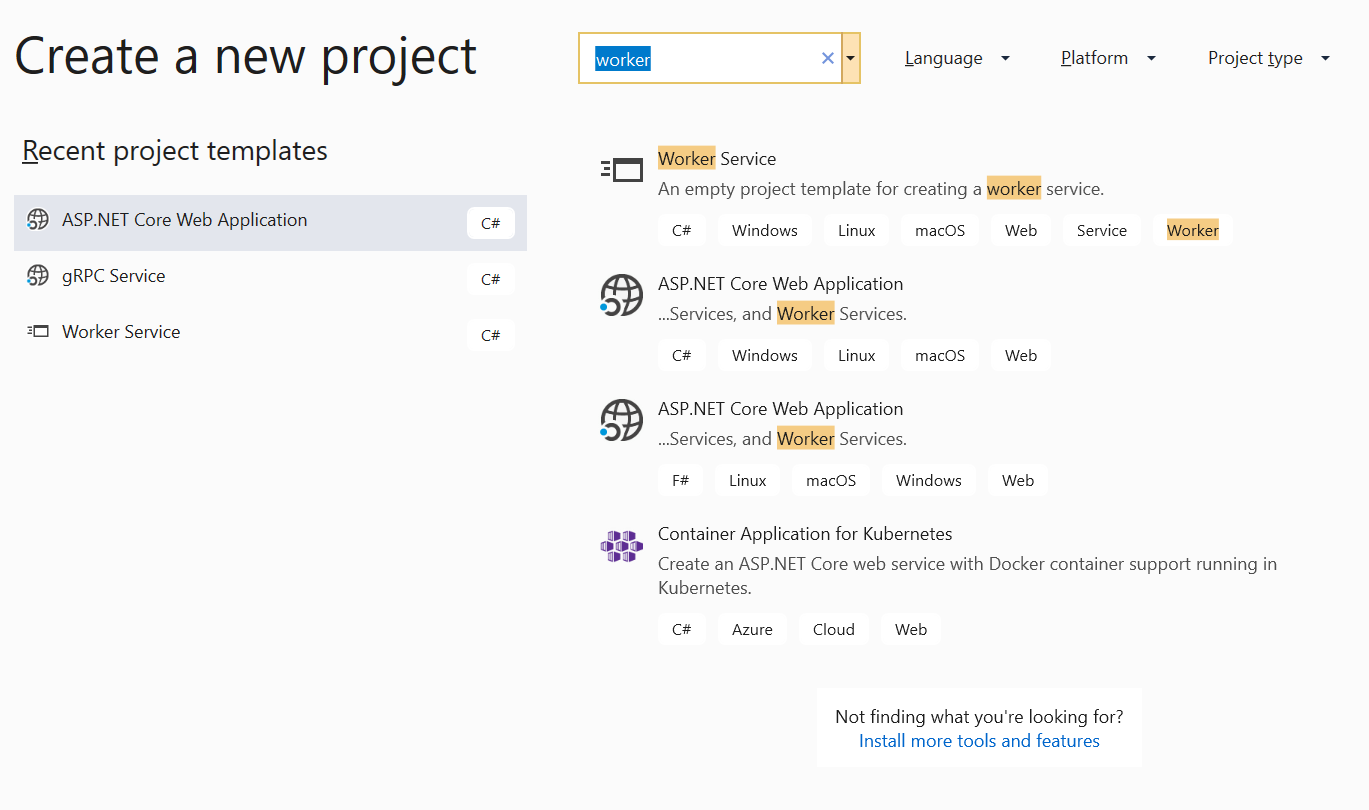Docker Debian Systemctl
Getting Started Install Docker on Linux Install Docker on Linux. No matter your distribution of choice, you’ll need a 64-bit installation and a kernel at 3.10 or newer. Kernels older than 3.10 do not have the necessary features Docker requires to run containers; data loss and kernel panics occur frequently under certain conditions. Improve this doc Balena base images. Balenalib is the central home for 26000+ IoT focused Docker images built specifically for balenaCloud and balenaOS.This set of images provide a way to get up and running quickly and easily, while still providing the option to deploy slim secure images to the edge when you go to production.
Sonarr is supported natively on Windows. Sonarr can be installed on Windows as Windows Service or system tray application. Mac os yosemite to high sierra.
Sonarr can be installed as system tray application or Windows Service. A system tray application is started after the user logs in and is visible as an icon on the taskbar system tray.
A Windows Service runs even when the user is not logged in, but special care must be taken since Windows Services cannot access network drives (servershare or X: mapped drives) without special configuration steps.
Additionally the Windows Service runs under the 'Local Service' account, by default this account does not have permissions to access your user's home directory unless permissions have been assigned manually. This is particularly relevant when using download clients that are configured to download to your home directory.
It's therefore advisable to install Sonarr as a system tray application if the user can remain logged in. The option to do so is provided during the installer.


Updating Sonarr v2 to v3
Boot camp iso download. Sonarr v3 will automatically convert the existing Sonarr v2 installation. Sonarr v2 stored it's database in C:ProgramDataNzbDrone, which will be automatically converted to C:ProgramDataSonarr.It's advisable to make a backup of the v2 data first.
Docker Ubuntu Systemctl
Sonarr v2 ran under the System account, which has far too many privileges. Sonarr v3 runs under the Local Service account, and will not have access to user's home directories. This may lead to unexpected behavior when you're using a download client thats configured to download to your home directory.If this applies to you, please install Sonarr to run as system tray application instead.

The command “systemctl status” is not working. It never has. My container is on CentOS 7. When I issue “systemctl status” I get results “Failed to get D-Bus connection: operation not permitted.”

I then looked into upgrading systemd. I removed the /etc/yum/protected.d/system.conf file. I then used yum remove systemd. I see that systemd version 219-19.el7_2.4 has been installed. I choose “N” to not actually remove systemd. I then installed systemd-libs-219-19.el7_2.7.x86_64.rpm. I then installed systemd version 2.7. I then used yum remove systemd just to determine the version. I see that systemd version 219-19.el7_2.7 is installed. I choose “NO” to abort the removal. systemctl status still does not work. I get the same error: “Failed to get D-Bus connection: operation not permitted.”
Osx install disk. Now the hard disk shows properly when Disk Utility is opened. Select 'Install macOS'. Continue and agree to the license. This will start a phase where the actual installer is copied to the Recovery Partition of the hard disk that you selected. That part is rather quick, lasting less than a couple of minutes on an SSD drive. BTW I manage to install your 10.12.6 (Osx Sierra) on my Lenovo Laptop. It would not recognize the internal HD so I have to install on an external drive. We are doing this at our college and over ten of us are doing this.Maybe some of my friends may have written to you cos they have different personal problems.

I tried creating a Docker container with the -privileged flag. When I used the “-p 80:80” option, the Docker run command failed. When I left out the “-p 80:80” option in my Docker run command, the new container had the same problem.
I tried creating a Docker container with the -privileged flag. When I used the “-p 80:80” option, the Docker run command failed to create a new container. When I left out the “-p 80:80” option in my Docker run command, the new container had the same problem.
Docker Debian Systemctl Command Not Found
I created a Docker container with a “docker run” … “-v /sys/fs/cgroup:/sys/fs/cgroup:ro” option. But I had the same problem.
Docker Debian Systemctl Command
I expect “systemctl status” to work. I don’t know if the problem is with how I created the Docker container. Reinstalling (or upgrading) systemd did not work. What should I do to get “systemctl status” to work in a Docker container?
